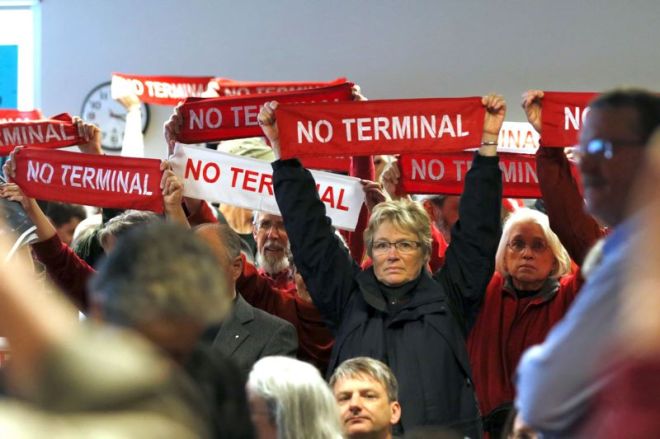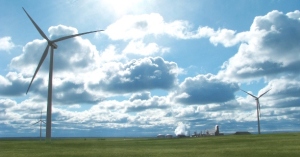On March 18 The Federal Government announced new safety measures for Pacific Coast shipping to allay British Columbian’s fears of potential West Coast oil spills.
At the time Canada’s (then) Natural Resources Minister Joe Oliver and Transport Minister Denis Lebel flew to British Columbia to announce the new measures where they advertised the plan for “world class tanker safety.”
Even B.C.’s Minister Of The Environment Terry Lake got in on the good news. “It looks to me like they’re making a great effort and they understand from British Columbians that you can’t simply increase the transport of hazardous goods through B.C. without also increasing the environmental safeguards and protection mechanisms that are in place.”
Shortly after that announcement, one of the offshore weather stations used by mariners in Queen Charlotte Sound went off the air, no longer transmitting reports to ocean going traffic. According to a story by The Tyee there are two other weather tracking stations on the West Coast, managed by Environment Canada that are also our of commission, one of which will probably not be fixed until May of 2015.
The Tyee also reported in March, ” that Environment Canada weather services will be slashed about 18 percent between now and 2016/17. Funding for “reliable, accurate and timely forecasts and warnings” will drop from $166 million to about $143 million in 2017″.
Looks like a sequel – “The Perfect Storm II”, on the West Coast of British Columbia coming to theatres near you.
 http://www.cbc.ca/m/touch/canada/story/1.3219589
http://www.cbc.ca/m/touch/canada/story/1.3219589



